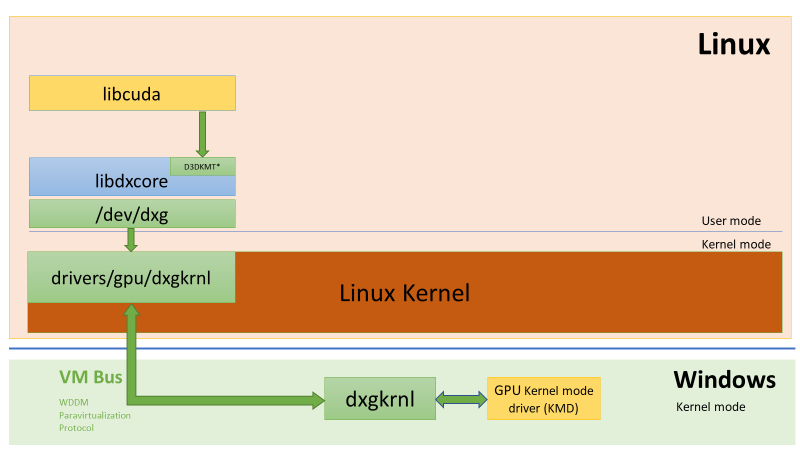
Thanks guys.Ī.From here, I think a warp(32 threads) is scheduled twice since 16 cores out of 32 are grouped together. That is not the speedup I expected, but probably my GPU is just not the best for this stuff. Scalar meanGPU(mean(downloadedResultGPU)) Ĭout << "done. Gpu::add(resultGPU, diffMultGPU, resultGPU) Īuto endGPU = chrono::high_resolution_clock::now() Gpu::multiply(diffGPU, img3GPU, diffMultGPU) Gpu::GpuMat roiGPU(img1GPU, Rect(x, y, ls, img2GPU.rows)) Gpu::GpuMat resultGPU(img2.rows, ls, CV_32FC3, Scalar(0.0f, 0.0f, 0.0f)) Īuto startGPU = chrono::high_resolution_clock::now() įor (int y(0) y < img1GPU.rows - img2GPU.rows ++y)įor (int x(0) x < ls - ls ++x) Gpu::GpuMat diffMultGPU(img2.rows, ls, CV_32FC3)

Gpu::GpuMat diffGPU(img2.rows, ls, CV_32FC3) Mat roi(img1(Rect(x, y, ls, img2.rows))) Īuto endCPU = chrono::high_resolution_clock::now() Ĭout << "done. Mat resultCPU(img2.rows, ls, CV_32FC3, Scalar(0.0f, 0.0f, 0.0f)) Īuto startCPU = chrono::high_resolution_clock::now() įor (int y(0) y < img1.rows - img2.rows ++y)įor (int x(0) x < ls - ls ++x) The mistake leading to the different checksums of both versions is now also eliminated. Thanks to the comments of hubs and Eric I was able to change my test in a way that the GPU version actually became faster than the CPU version.
#Gpu cuda emulator code#
So if your GPU is capable of running OpenCL code then the CU2CL project might be of your interest. It seems to be able to translate CUDA code to OpenCL code. Here's the link to the project's website: Īs dashesy pointed out in the comments, CU2CL seems to be an interesting project. It doesn't seem to be developed anymore (the last commit is dated on Jul 4, 2013).
#Gpu cuda emulator windows 7#
It is an emulator to use on Windows 7 and 8.

The MCUDA translation framework is a linux-based tool designed toĮffectively compile the CUDA programming model to a CPU architecture. You might try to follow this tutorial from July, 2015 but I don't guarantee it'll work. gpuocelot is no longer supported and depends on a set of very specific versions of libraries and software. I had several errors during installation though and I gave up again.
#Gpu cuda emulator install#
I tried to install gpuocelot following the guide. Actually, it was abandoned few years later.

So at first I thought that the project was abandoned in 2012 or so. The answer by Stringer has a link to a very old gpuocelot project website. I've found on the Internet that if I used gcc-4.2 or similarly ancient instead of gcc-4.9.2 the errors might disappear. home/user/Downloads/helloworld.cu(12): error: identifier "cudaDeviceSynchronize" is undefinedģ errors detected in the compilation of "/tmp/tmpxft_000011c2_00000000-4_". usr/include/i386-linux-gnu/bits/byteswap.h(111): error: identifier "_builtin_bswap64" is undefined usr/include/i386-linux-gnu/bits/byteswap.h(47): error: identifier "_builtin_bswap32" is undefined It turned out that I had difficulties with compiling it: NOTE: device emulation mode is deprecated in this release Note that in CUDA Toolkit 3.0 nvcc was in the /usr/local/cuda/bin/.

ThreadIdx.x, threadIdx.x / warpSize, blockIdx.x) Printf("Hello world! I am %d (Warp %d) from %d.n", I downloaded CUDA Toolkit 3.0, installed it and tried to run a simple


 0 kommentar(er)
0 kommentar(er)
